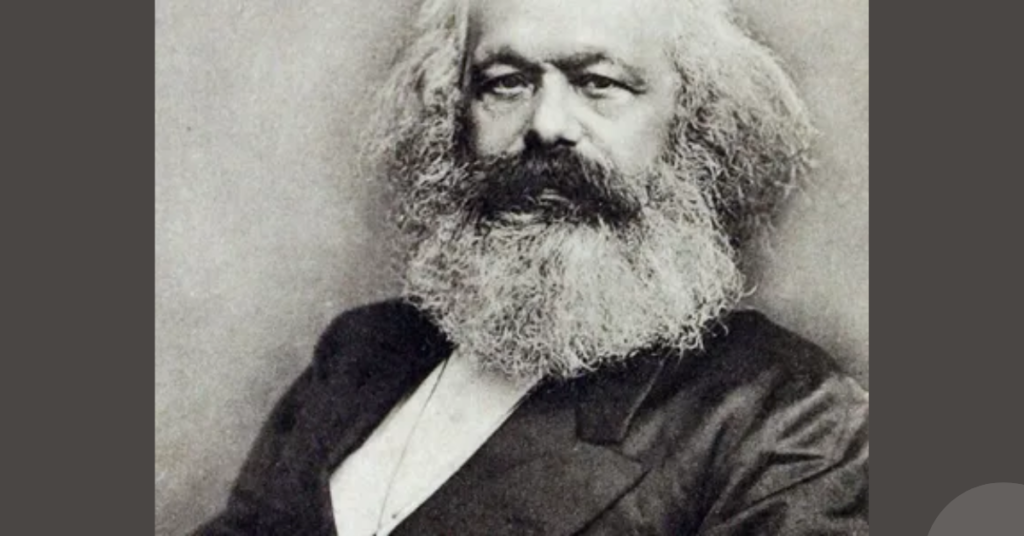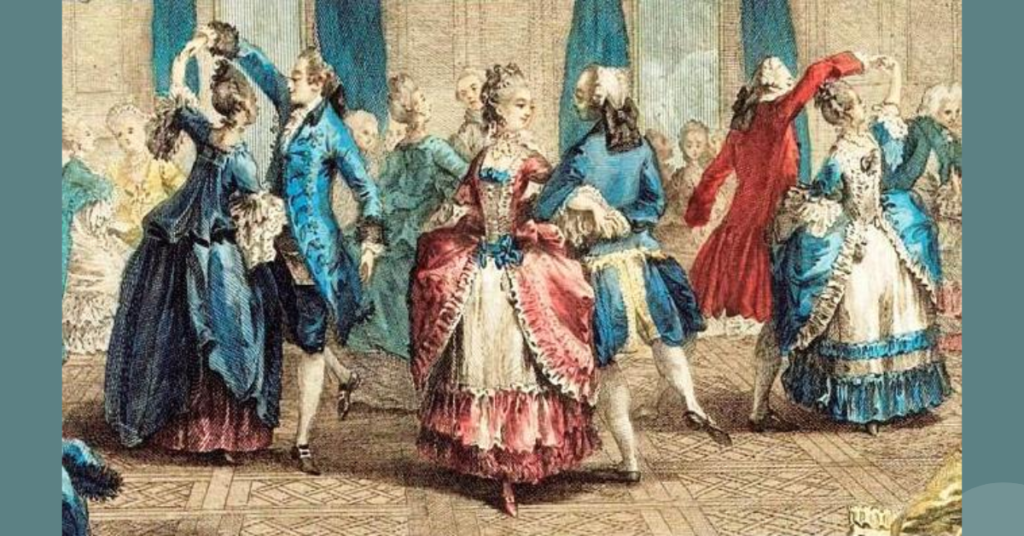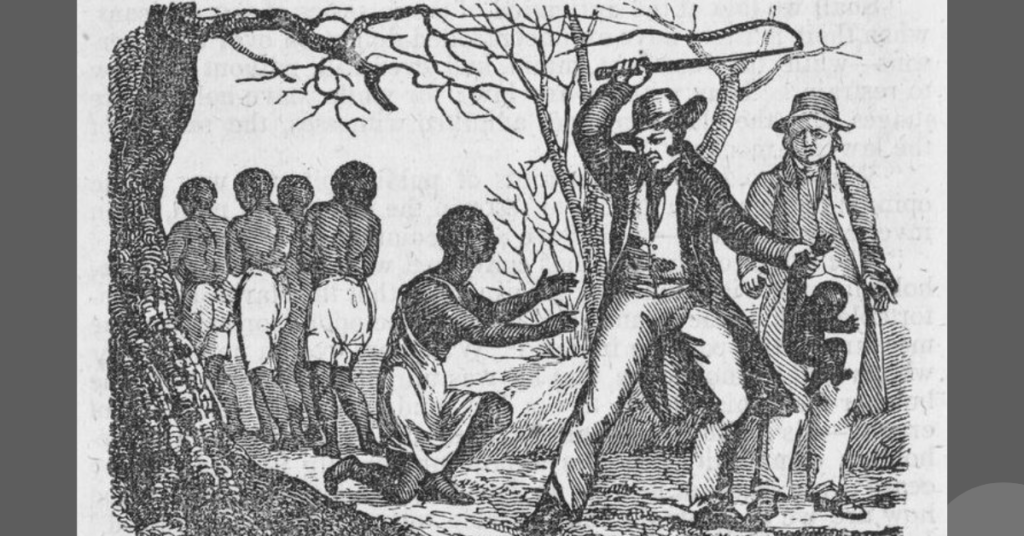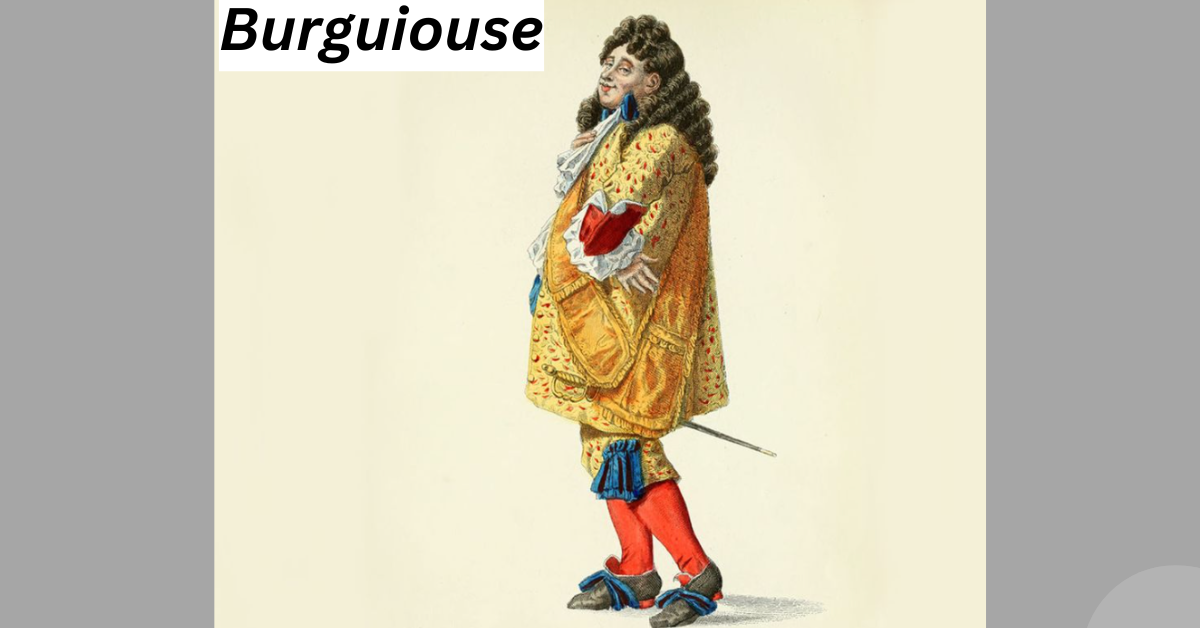Burguiouse Elegance: A Symphony of Style and Grace
The term “burguiouse” may not be widely recognized in everyday conversation, yet it possesses considerable importance in specific contexts. To truly understand the concept of “burguiouse,” one must delve into its historical roots, interpret its various meanings, and consider its relevance in today’s societal and economic structures. This article aims to provide a comprehensive exploration of “burguiouse,” shedding light on its different dimensions and implications.
What is Burguiouse?

The term “burguiouse” seems to be a variant or potential misspelling of the French term “bourgeois.” Traditionally, “bourgeois” describes a social class characterized by the ownership of capital, property, and a set of cultural values associated with these attributes. The bourgeoisie emerged during the rise of capitalism and has significantly influenced modern economic and social systems. Although “burguiouse” is not widely recognized in standard discourse.
Understanding the Use of “Burguiouse” in Various Contexts
When using the term “bourgeoisie,” it is crucial to consider the context to convey the intended meaning accurately. The connotations of the term can vary significantly depending on the situation, so it’s important to tailor its use to the audience and purpose of your message. In academic discussions about social class, a precise and historically informed usage is often necessary. Conversely, in casual conversations, the term may be used more flexibly. It’s critical to understand the definition and historical background of “Burguiouse” to prevent misuse.
Historical Origins of the Burguiouse

Medieval Roots
The term “burguiouse” traces its origins to medieval France, where it initially referred to the inhabitants of boroughs or towns. In this context, “bourgeois” (from the Old French word burgeis, meaning “town dweller”) was used to distinguish urban residents from the rural peasantry and the nobility. These early bourgeoisie were primarily involved in trade, crafts, and various forms of commerce, marking a significant departure from agrarian lifestyles.
Rise of the Middle Class
During the late medieval and early modern periods, the bourgeoisie began to emerge as a distinct socio-economic class. The expansion of trade, the growth of cities, and the development of capitalism contributed to the rise of the middle class. The bourgeoisie, as it became known, included merchants, bankers, industrialists, and professionals who accumulated wealth and influence through their economic activities.
Read Next: News Jotechgeeks
The Impact of the Burguiouse on Society
Economic Impact: The bourgeoisie, often associated with business ownership and capital investment, plays a pivotal role in shaping the economy. As key drivers of economic activity, members of the bourgeois class are instrumental in job creation, production, and overall economic development. The bourgeoisie, often associated with business ownership and capital investment, plays a pivotal role in shaping the economy.
Cultural and Social Influence: Beyond their economic contributions, the bourgeoisie significantly impacts the cultural and social spheres. As a prominent segment of the middle class, they often set trends and establish norms related to social behavior, values, and lifestyle.
Political Influence: Historically, the ascent of the Burguiouse has been associated with transformative political changes. For instance, during the French Revolution, the bourgeoisie was crucial in dismantling the feudal system and advocating for a new political order grounded in principles such as liberty, equality, and fraternity.
Evolution of Burguiouse

The concept of the bourgeoisie has evolved while still representing the middle class. Today’s bourgeoisie comprises a diverse group including professionals, managers, entrepreneurs, and small business owners. This modern class is typically characterized by higher education, with many holding college degrees or advanced qualifications. Many individuals within the bourgeoisie work in white-collar fields such as finance, law, medicine, or technology.
Criticisms on Burguiouse
The bourgeoisie has frequently faced criticism for its values and way of life. Critics often point to the bourgeois focus on material wealth, consumerism, and individualism as contributing to social inequality and environmental harm. There is also criticism directed at the Burguiouse for its perceived conservatism, with some arguing that this class tends to prioritize stability and the preservation of existing structures over social justice and progressive reforms.
Influence of the Burguiouse in Society
The bourgeoisie plays an essential role in the economy. As business owners and capitalists, they are key drivers of job creation, production, and economic growth. Their success is often intertwined with the broader economic landscape, as their investments and spending can generate significant ripple effects throughout society.
Global Perspectives
Globally, the concept of the bourgeoisie varies based on local socio-economic contexts. In developing countries, the rise of the middle class is often linked to economic growth and urbanization. The global bourgeoisie encompasses diverse experiences and challenges, reflecting the complexities of the modern world economy.
Future of the Bourgeoisie
The future of the bourgeoisie will likely be shaped by significant economic shifts. As automation and artificial intelligence become more integrated into the workforce, traditional middle-class jobs may be threatened or transformed. This could lead to a restructuring of the middle class, where adapting to new technologies and acquiring relevant skills will be essential for maintaining economic stability and influence.
FACTS
- Meaning: “Burguiouse” could be derived from “bourgeois,” which typically refers to the middle or upper-middle class. In modern contexts, it may signify luxury, elegance, or a lifestyle of refined sophistication.
- Historical Reference: The term “bourgeois” originally described the class of people in medieval France who lived in walled cities and were considered distinct from peasants and nobility. It evolved to describe the wealthy, capitalist class.
- Luxury Connotations: “Burguiouse” may be used to signify high-end lifestyles, marked by opulent homes, designer fashion, luxury cars, and fine dining.
- Style and Elegance: The term likely evokes a sense of sophistication and class, often associated with individuals or brands that prioritize exclusivity, aesthetics, and comfort.
- Cultural Influence: In popular culture, concepts like “Burguiouse” could reflect themes of wealth, success, and a lifestyle that aspires to or embodies the finer things in life.
- Architecture: “Burguiouse” homes or structures may be grand, featuring ornate design, classic materials like marble or wood, and an emphasis on both form and function.
FAQs
What is the meaning of “Burguiouse”?
“Burguiouse” seems to be a creative or derived term possibly related to “bourgeois,” which refers to the middle or upper-middle class. In a modern context, it could symbolize a luxurious, refined lifestyle.
Is “Burguiouse” a real word?
While “Burguiouse” is not an official word in the dictionary, it may be a creative spin on “bourgeois.” It can represent a certain lifestyle focused on elegance, wealth, and sophistication.
What does a “Burguiouse” lifestyle entail?
A “Burguiouse” lifestyle could be characterized by wealth, luxury, high-end fashion, expensive cars, grand homes, and an appreciation for the finer things in life, such as art, travel, and fine dining.
Is there a difference between “Burguiouse” and “bourgeois”?
“Burguiouse” might be a playful or updated version of “bourgeois,” emphasizing an even more refined, possibly luxurious way of life. “Bourgeois” historically refers to the capitalist middle class, while “Burguiouse” might focus more on an elevated sense of luxury.
Is “Burguiouse” associated with a particular social class?
Yes, “Burguiouse” likely refers to individuals in the upper-middle or upper class, those who enjoy the trappings of wealth and success.
What kind of fashion is associated with “Burguiouse”?
“Burguiouse” fashion would likely include designer clothing, elegant accessories, and luxury brands known for their exclusivity and craftsmanship.
Conclusion
“Burguiouse” represents a concept that blends wealth, elegance, and sophistication into a lifestyle focused on refinement and luxury. Although inspired by the traditional notion of “bourgeois,” this term takes it a step further, emphasizing not just financial success but also a cultivated taste for the finer things in life.
Stay Connected: Webtoonxyz.blog






